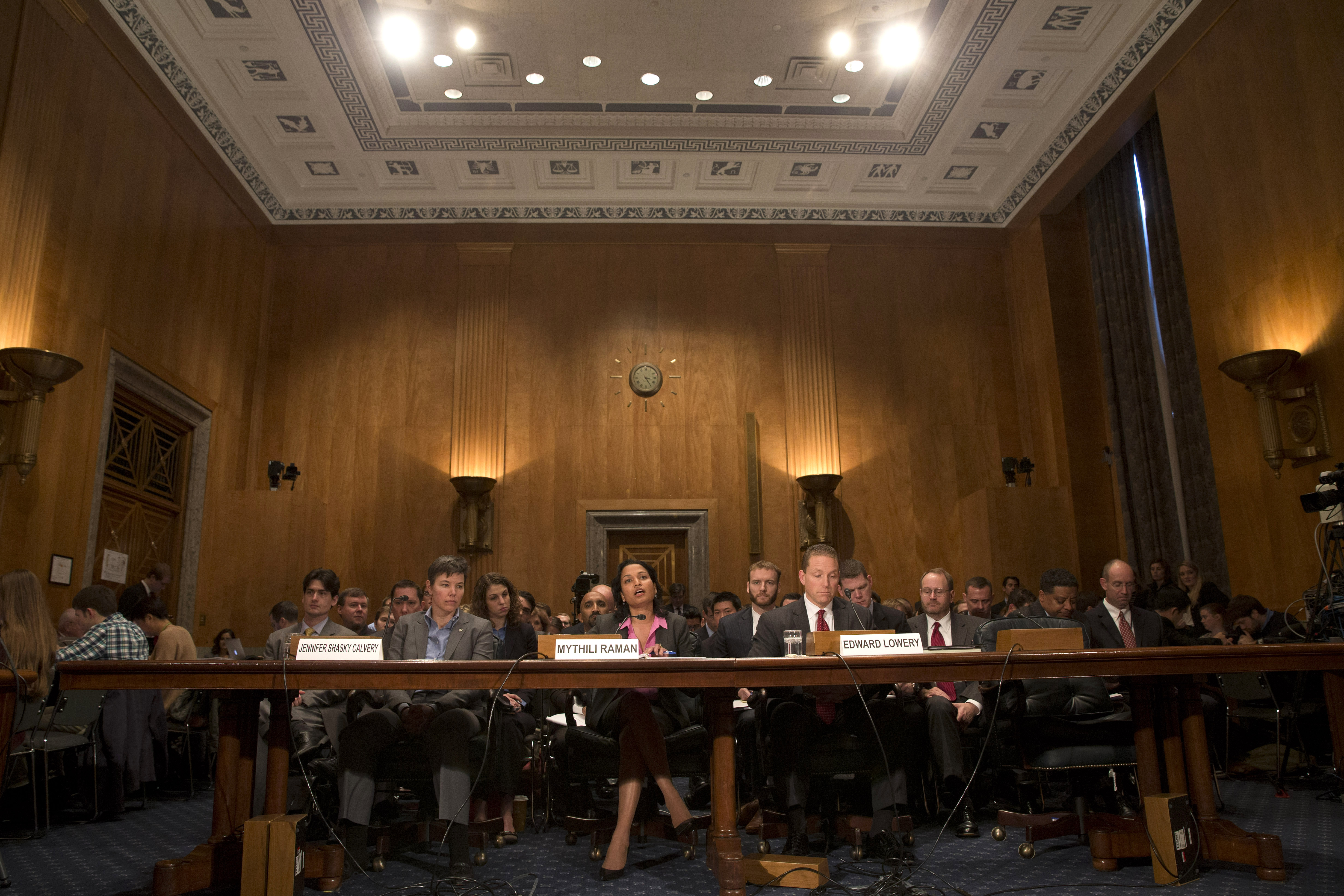[soundcloud url=”https://api.soundcloud.com/tracks/123225012″ params=”color=ff6600&auto_play=false&show_artwork=true” width=”100%” height=”166″ iframe=”true” /]
Videos by Rare
Will the U.S. government try to regulate Bitcoin through business and consumer activity? Stephen Pair co-founder and CTO of Bitpay breaks down what happened with the U.S. Senate hearings on Bitcoin and if it would be premature to try and regulate the digital currency.
Kurt Wallace for Rare: Bitcoin is hitting new highs almost daily with the crypto-currency being taken seriously by names like Richard Branson. And PayPal is now considering Bitcoin as a viable currency. The United States Senate recently had a hearing to look at Bitcoin. Here to discuss is co-founder and CTO of Bitpay, Stephen Pair. And Stephen, it’s good to have you with us.
Stephen Pair: Thanks for having me, Kurt.
Kurt Wallace for Rare: Stephen, you guys actually went up there and testified in front of the Subcommittee Hearing at the U.S. Senate. What are some of the most pressing concerns that the U.S. Congress has around Bitcoin?
Stephen Pair: I think the primary concerns that they have are around law enforcement and how do you continue to make sure that criminals aren’t abusing the financial system in light of a technology like Bitcoin.
Kurt Wallace for Rare: Well, since the U.S. government imposes regulations on banks and money transactions, what are ways that they may try to do this with Bitcoin or could they?
Stephen Pair: Well, I think when you look at government regulation, it applies to people and to businesses, not to protocols like Bitcoin. So, what to do is apply regulations to businesses that use the technology, and so for example, they might define certain kinds of transactions that they require businesses to keep records of and they might define other kinds of transactions — there might even be a reporting requirement to some government agency, so it’s not really that different at all from how they regulate banks today. They don’t regulate how the bank’s software works, but rather they actually regulate how the banks behave, and so what I think they’ll start to do overtime is apply some of the regulations that they currently do apply to banking and financial institutions and make that more generally make it applicable to all businesses.
Kurt Wallace for Rare: Stephen, tell us some of the takeaways for the Bitcoin community at large from this U.S. Senate hearing?
Stephen Pair: Well, the takeaways that I have are that both law enforcement and the Bitcoin community expressed a desire or a viewpoint that no additional regulation is really needed at this time — that it would be premature to try and pass new laws. From the law enforcement perspective, they feel like they have the regulations that they need to continue to do their jobs in light of Bitcoin. And from the industry perspective, we feel like it’s a very immature thing; we don’t know exactly how it’s going to evolve. So, if you try to write regulations right now, you can get it pretty wrong. And from the Congressional perspective, if they were to pass regulations around Bitcoin, it would send them, a kind of signal, to use Bitcoin right now without any worry about consumer protection and things like that when in fact, Bitcoin is still very early, and it’s still very risky and by not having regulations, sort of protecting Bitcoin and users of Bitcoin, then it’s sort of a buyer, you know, beware, you know, proceed with caution.
Kurt Wallace for Rare: Tell us a little bit about Bitpay and what you guys offer as a service?
Stephen Pair: So, Bitpay offers business solutions for Bitcoin, so businesses that want to make use of the Bitcoin technology can use Bitcoin to process payments or do inner company billing and so forth. And we will isolate businesses from the exchange rate/volatility risk, and then we can surface merchants that are all over the globe, so we can collect payments from anywhere on Earth with little to no risk of fraud or chargeback and like credit card payments, where you’re restricted to just a handful of countries.
Kurt Wallace for Rare: How many clients do you have, so far?
Stephen Pair: Uh, we have over 12,000 now.
Kurt Wallace for Rare: Oh, that’s fantastic. Well, Stephen Pair, thank you for spending some time with us today on Rare.
Stephen Pair: Thank you, Kurt.



